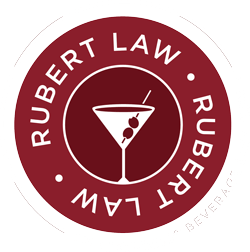In a change that will likely be welcome to many in Florida’s restaurant industry, the Division of Alcoholic Beverages and Tobacco (DABT) withdrew its rule on items that are customarily sold in a restaurant. This rule was notoriously confusing and caused many questions from restaurant owners.
The statute previously limited items sold in restaurants to things that were ultimately beyond the authority of the DABT. This included souvenirs, which the rule previously defined as items bearing the name, logo, trademark or location of the vendor.
The DABT has now withdrawn the old rule, given notice of developing a new rule and drafted a proposed new rule.
What is a souvenir?
The proposed new rule excludes language from the old rule. This has prompted a new series of questions, much of these focusing on what the proposed rule means by “souvenirs.” The new rule does not address the definition of souvenirs, potentially confusing business owners regarding what they can and cannot sell in their restaurants.
For example, Cracker Barrel does not sell alcohol so this rule would not necessarily apply, but it certainly is a restaurant. Cracker Barrel sells just about everything at their restaurants, including rocking chairs, bedding, Christmas ornaments and more. While some of these items contain the Cracker Barrel logo, others have little to no identifying information and therefore have no true souvenir value. But are these still considered souvenirs?
Restaurant owners may want to voice their opinions
Ultimately while the DABT is making strides toward amending this rule, limiting the items customarily sold in restaurants is a nearly impossible task. Just about any item might be sold in a restaurant somewhere, which brings possible enforcement of the issue into question.
The DABT is seeking input from Florida restaurant owners in the development of the new rule, which poses a great opportunity for business owners to voice their opinions on the matter. A public hearing was recently held in early December, with likely more to come. If business owners do not speak up, they may need to later defend against an administrative action from the DABT for rule violations that arise down the road.
